The Potential Role of Vitamin D in COVID-19: What You Need to Know
In the midst of the COVID-19 pandemic, scientists and healthcare professionals have been exploring various ways to mitigate the risks associated with the virus. One intriguing avenue of research centers around the potential benefits of vitamin D. While it's important to note that vitamin D is not a miracle cure, there is growing evidence to suggest that it may play a role in reducing the risk of COVID-19 infection and its severity. In this blog post, we'll break down key points from a comprehensive article on the subject.
Vitamin D and Bone Health: We know that vitamin D is crucial for regulating calcium and phosphate metabolism, which is essential for maintaining a healthy skeleton.
Beyond Bone Health: Vitamin D also has various non-skeletal biological activities. It has receptors in many tissues, and this makes it potentially beneficial for a wide range of health concerns, including immune function.
Immunomodulatory Effects: Several studies have highlighted the immunomodulatory effects of vitamin D, which can be protective against COVID-19 infectivity and severity. This includes regulating the immune system and preventing endothelial dysfunction and thrombosis.
Supplementation for Viral Infections: Vitamin D supplementation may be beneficial in protecting against acute respiratory viral infections and may improve outcomes in critically ill patients.
High-Risk Populations: Elderly individuals, African Americans, obese individuals, and nursing home residents have higher rates of COVID-19 infection and mortality and are also at a higher risk for vitamin D deficiency.
Metabolism of Vitamin D: The liver converts both vitamin D2 and D3 into 25(OH)D, the major circulating metabolite of vitamin D. The kidneys play a central role in converting 25(OH)D into the biologically active form, 1,25(OH)2D.
Immunomodulation: Vitamin D is known to modulate both the innate and adaptive immune systems, making it a key player in our body's defense against infections.
Gene Expression: Research has shown that vitamin D supplementation can alter gene expression, and the extent of this alteration can vary among individuals.
Mechanisms of Protection: Several mechanisms have been proposed to explain how vitamin D may protect against COVID-19, including the promotion of antimicrobial peptides and the regulation of the renin-angiotensin-aldosterone system.
Vitamin D Deficiency and COVID-19: Observational studies have shown a link between low vitamin D levels and an increased risk of COVID-19 infection and more severe outcomes.
Optimal Vitamin D Levels: Maintaining serum 25(OH)D concentrations in the range of 40 to 60 ng/mL (100-150 nmol/L) may be ideal for preventing COVID-19 and achieving optimal health benefits.
Magnesium's Role: Adequate magnesium status is also important for optimizing vitamin D levels.
Vitamin D and Medications: Some medications, like corticosteroids, can impact vitamin D levels, and individuals taking these medications may require higher vitamin D doses.
Cost-Effective Intervention: Correcting vitamin D deficiency could be a cost-effective way to reduce the burden of the COVID-19 pandemic at the population level.
In summary, while vitamin D is not a guaranteed shield against COVID-19, there is a growing body of evidence suggesting its potential benefits in reducing the risk of infection and severity. Maintaining optimal vitamin D levels, particularly in high-risk populations, is a sensible and low-risk strategy to consider. As always, it's essential to consult with healthcare professionals before making any significant changes to your supplementation or lifestyle.
